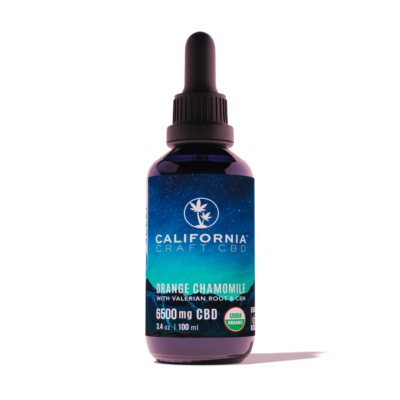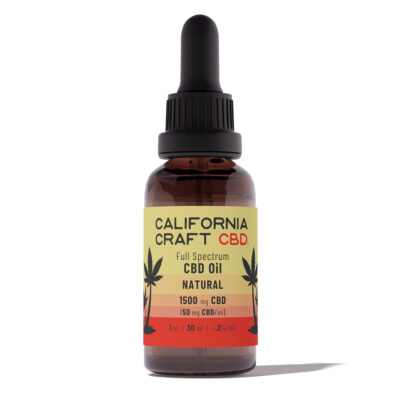Despite the fact that the New Year got off to a choppy start it already feels like the boat is beginning to right itself. We hope that you all made it through January in good health and are ready to take on the rest of 2021.
Back to Prop 65
Last week we continued our review of government regulations in regard to cannabis, with a specific focus on California’s Prop 65. You can catch up on the conversation here and here.
The short of it is that regulation is a necessary part of doing business in a safe and ethical manner. It is important though that we make sure the regulations make logical sense and that regulatory compliance is not an unnecessary financial burden on small to medium business enterprises. In short, the regulations need to do more good than harm.
Prop 65 is a piece of Californian legislation that is generally good for regulating toxic chemical compounds found in consumer products, but questionable when it comes to regulating cannabis. Due to the recent addition of THC to the list of potentially carcinogenic chemicals found in prop 65 businesses are now required to put warning labels on all products that contain any amount of THC no matter how small. In spite of the fact that there is no clinical evidence to prove that THC is in fact carcinogenic. And that is not really ok.
You want to know what else is not ok? The “plan” to enforce the regulation.
Practical Application
It’s one thing to pass a regulation, but enforcing the regulation is another thing all together. Passing of a regulation into law requires a bunch of people sitting around in rooms coming up with the ideas that will serve as the framework for the required regulation.
The practical application of regulatory enforcement is a very different story. It requires a plan, punishments and/or fines, an officiating authority, and most importantly the manpower. People are required to actually police and enforce the regulation and that cost’s money. Or does it?
Crowd Sourcing Compliance
In the case of prop 65 the law is enforced “entirely by litigation in the form of civil suits filed against non-compliant companies. Such lawsuits are generally brought by the state attorney general and local district attorneys. In the case of Prop 65 however these civil lawsuits can be brought by any person in the ‘public interest’.
“Private plaintiffs may be individuals or groups, and it is not a requirement to demonstrate harm or injury from alleged exposure to a Proposition 65 listed chemical.” ref
This is known as the Prop 65 Bounty Hunter provision. Seriously, that’s not even a joke.
Bounty Hunters
The bounty hunters can be individuals or they can be groups and there is no pre-qualification process for this role. As a matter of fact the only qualification that is required is that they are acting in the public interest, a term which has a very loose definition.
It is not difficult to imagine how this very loosely defined provision might be abused particularly in the case of a very competitive commercial environment like the Cannabis and/or CBD industry . It can potentially be used by industry providers to weed out and/or harass their competition. In fact, it doesn’t even matter if your competition is non-compliant if someone files a complaint against them the legal process begins.
Burden of Proof
Once the process is set in motion the burden of proof falls on the defendant. The proposition also declares that the penalty for violation of the proposition “shall not exceed $2500 per day per violation”. However, Prop 65 does not define what constitutes a violation. Which brings us back to a whole lot of head-scratching and it only gets worse from here on in.
There have been cases where the violation has been identified as every unit sold of a non-compliant product to a consumer. In such cases the total amount of fines and legal fees have exceeded $600,000 USD. For many small to medium enterprises this would mean bankruptcy. Even if the company is found to be innocent the cost in terms of time and money combined with negative brand exposure could do irreparable damage to a young company’s success. And that is most definitely not OK.
Next week we will conclude our Prop 65 review with a closer look at the ethically questionable practices of Prop 65 bounty hunters and the real motivation behind the inclusion of THC in the bill. Until then stay healthy and be the best you that you can be.




